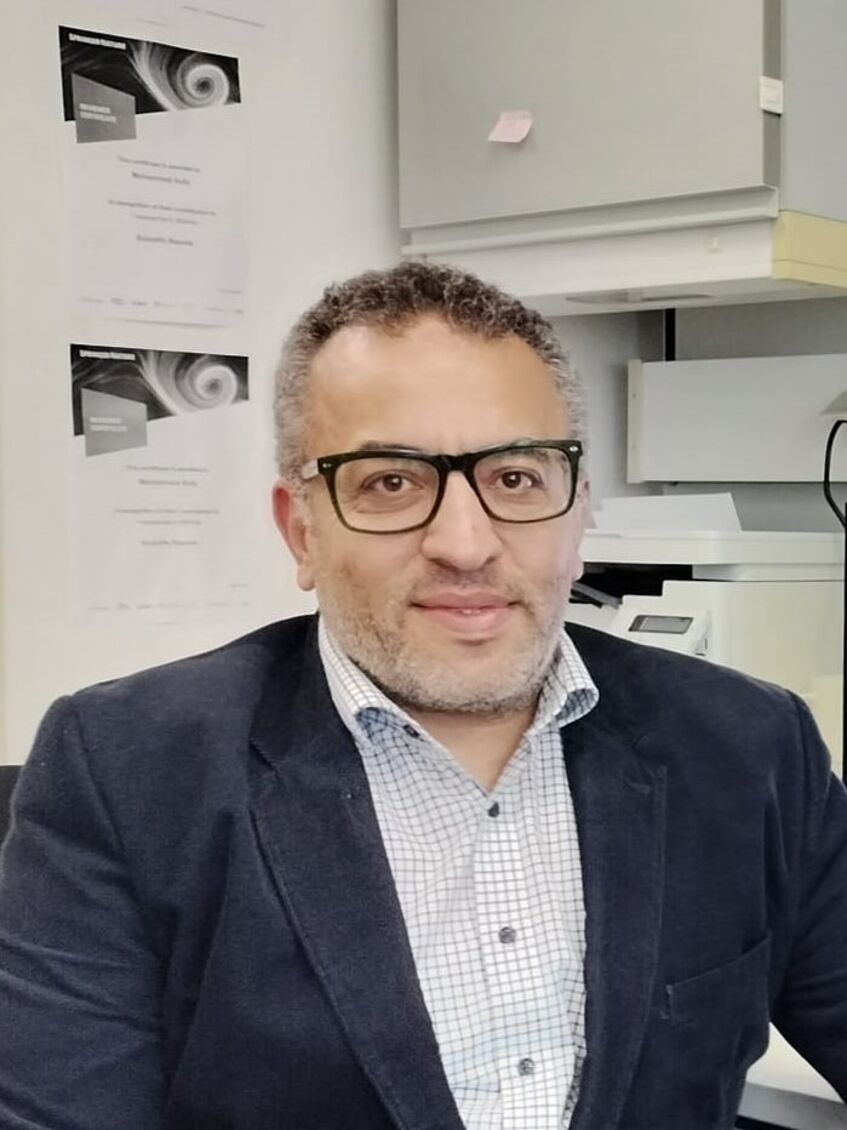Josef-Holaubek-Platz 2 (UZA II)
1090 Wien
Room: 2D259

Research
Lysosomal peptidases, particularly cathepsins, are key regulators of intracellular protein degradation and essential for maintaining cellular homeostasis. While traditionally associated with the endolysosomal system, cathepsins also participate in a broad spectrum of physiological and pathological processes. These include bone remodeling, immune regulation and antigen presentation, neuronal plasticity and neurodegeneration, skin barrier function and wound healing, as well as tissue remodeling during embryonic development. Dysregulation of cathepsin activity has been linked to various diseases such as osteoporosis, rheumatoid arthritis, Alzheimer’s disease, cancer, and cardiovascular disorders, highlighting their significance beyond basic catabolic functions.
Research Focus
Our group is particularly interested in how cathepsins contribute to disease mechanisms and therapy resistance, with a focus on cancer biology and anticancer drug response.
- In previous studies, we demonstrated the involvement of specific cathepsins in mediating the cytotoxicity of antifungal secondary metabolites such as Enniatin B and Beauvericin—compounds recently shown to exert anticancer effects in various animal models.
- More recently, we identified a key role for selected cathepsins in conferring resistance of colon cancer cells to radiotherapy. We are currently investigating the molecular mechanisms underlying this resistance, focusing on cell death regulation, stress response pathways, and tumor microenvironment interactions.
Drug Discovery and Therapeutic Targeting
To investigate cathepsins as therapeutic targets, we are utilizing an integrative strategy that combines structure-based virtual screening with molecular docking and dynamics simulations. This approach enables the identification and optimization of novel cathepsin inhibitors with high specificity and potency. The selected candidates are then evaluated in vitro to assess their target specificity and cytotoxicity in relevant cell lines. Promising inhibitors are subsequently tested in vivo using cancer mouse models to investigate their anticancer efficacy, either as monotherapies or in combination with conventional treatments such as radiotherapy.
About Mohamed Aufy
I earned my PhD in Molecular Biology and Biochemistry in 2012 from the University of Natural Resources and Life Sciences (BOKU) in Vienna, Austria.
In 2014, I joined the Division of Pharmacology and Toxicology at the University of Vienna as a postdoctoral researcher.
Since 2017, I have been serving as a Senior Lecturer in the Department of Pharmaceutical Sciences, where I also completed my habilitation in 2025.
Publications:
